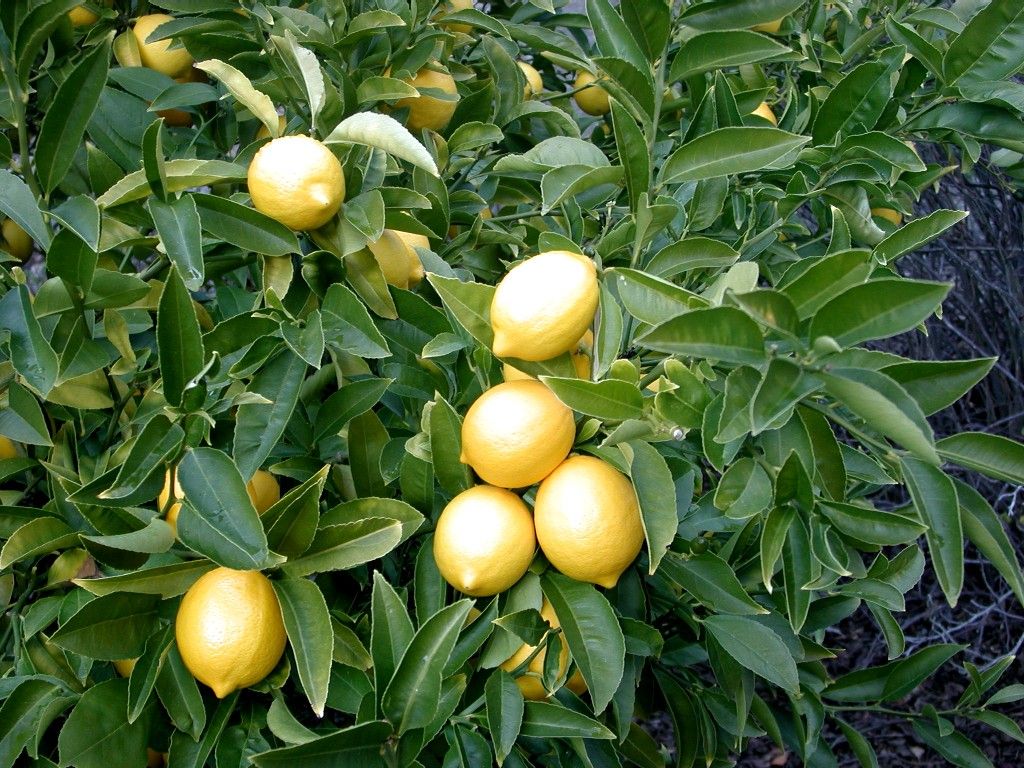Like many other Mediterranean countries, Türkiye has faced a rising number of extreme weather events in recent years, driven by accelerating global warming. Rural farming communities are bearing the brunt of these changes.
Mehmet Akın Doğan, president of the Yuregir Chamber of Agriculture, says farmers in the fertile Çukurova region in the province Adana – where about 40% of Türkiye’s citrus is produced – are under increasing pressure as a result of climate change. “We’ve faced all kinds of disasters; the only thing that hasn’t happened is a meteor strike. Now the effects of climate change are visible, farmers don’t know what to do anymore.”
In late February, the region was hit by frost and temperatures as low as -8°C, and frost struck again in April. In early August, Adana experienced its hottest day in 95 years, with the temperature reaching 47,5°C. Farmers also faced hailstorms and even tornadoes.
Apricots and Hazelnuts Also Hit Hard
The extreme weather has not only had an impact on the country’s citrus harvest but is also making life difficult for apricot growers. Türkiye is the world’s largest exporter of dried apricots.
Hazelnuts, another key crop, have also been hit hard. Türkiye produces about 70% of the world’s hazelnuts, but frost has caused an estimated $56 million in damage to the harvest, according to Ibrahim Yumakli, the minister of agriculture and forestry.
President Recep Tayyip Erdoğan said last month that extreme weather has caused roughly $561 million in losses for the 50 000 farmers covered by the state-supported Tarsim agricultural insurance pool. He added that government will need to provide the same level of support to the 420 000 uninsured farmers, many of whom are struggling to pay insurance premiums as profit margins shrink.
Source - AFP













